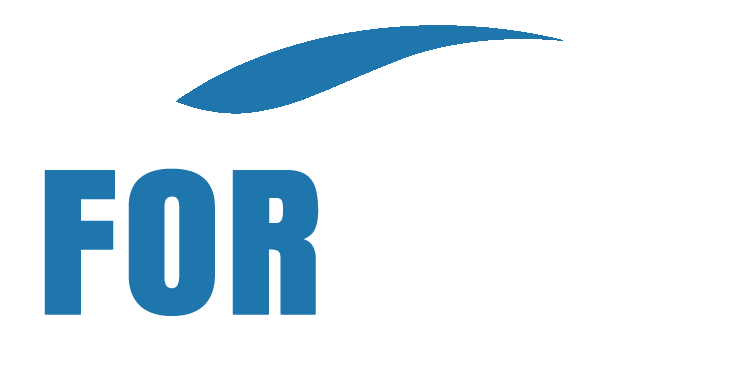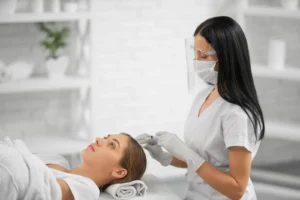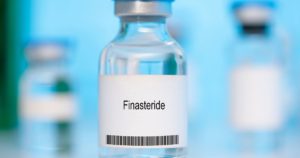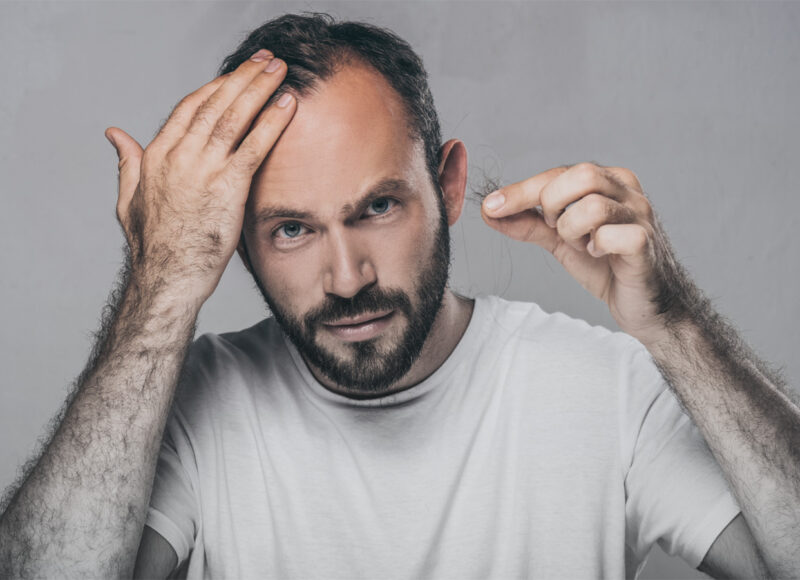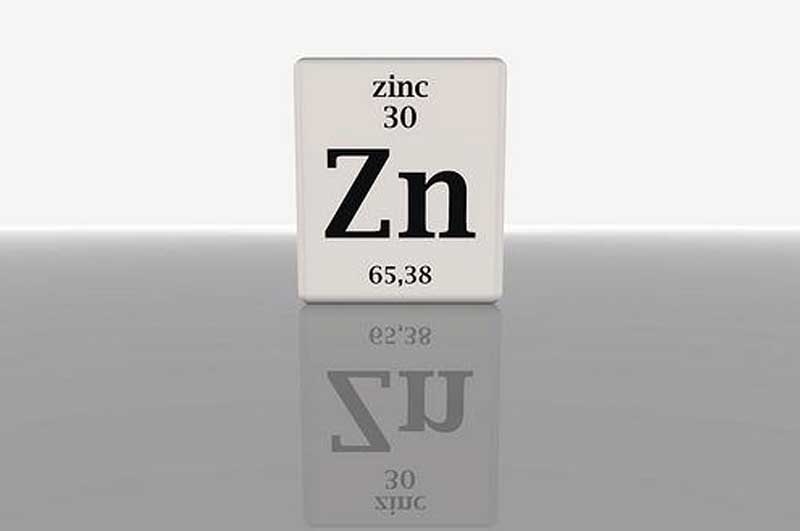
Zinc is an essential mineral in your diet. The recommended daily allowance for zinc is 11mg for men and 8mg for women. Most people meet their daily needs from eating meat or poultry, but other great dietary sources include dairy products, beans, whole grains, fortified breakfast cereals, nuts, wheat germ, crab, shrimp, and oysters. In fact, oysters contain more zinc than any other food. If for some reason these foods are unappealing, zinc supplements are available at the local pharmacy or health store. Zinc supplements are sold in the form of zinc gluconate, zinc sulfate, and zinc acetate, none of which is superior to the other.
In North America, zinc deficiency is not common. If zinc deficiency does occur, it is typically due to inadequate zinc intake, poor absorption, increased losses of zinc from the body, or increased zinc requirements on the body. Those who may be at risk of zinc deficiency or inadequacy should include good sources of zinc in their daily diets and zinc supplements if suitable. Those who suffer from gastrointestinal diseases, such as ulcerative colitis, Chron’s disease, etc. or other chronic diseases such as diabetes, sickle cell disease, chronic liver disease, to name a few are at increased risk for zinc deficiency. Vegetarians may also be at higher risk for zinc deficiency than others. This is because the vegetarian diet commonly consists of increased amounts of legumes and whole grains, which contain phytates. Phytates bind zinc, therefore inhibiting it from being absorbed. Additionally, zinc can be depleted due to high levels of stress. Severe zinc deficiency can affect testosterone levels, leading to impotence.
To avoid side effects, be sure to stay within the recommended daily doses of Zinc. The tolerable upper-level intake for both men and women is 40mg daily. Long-term consumption exceeding this value is associated with adverse health effects. Zinc overdose is associated with nausea, vomiting, diarrhea, loss of appetite, abdominal cramping, and headache. The upper limit does not apply to those being treated for zinc deficiency by their health care provider; however, the provider should monitor patients for any adverse events.
Zinc not only promotes immunity, growth, and development, but it is a great mineral for men because it appears to play an important role in maintaining prostate health. Prostate cancer is one of the leading causes of cancer deaths in American men, and most elderly men have some abnormal prostate cells, so researchers are increasingly interested in ways to safeguard the prostate. Although we do not know the function of zinc in the prostate, we do know the prostate accumulates more zinc than any other soft tissue in the body. Also, prostates that are cancerous have lower levels of zinc than normal prostates. Some studies have shown a link between increased dietary zinc intake and decreased occurrence of prostate cancer. Severe zinc deficiency in humans has been shown to produce baldness and scalp problems that were reversed when zinc was returned to the diet. Zinc has also been shown to stop hair from turning grey. One doctor taking zinc for a year reversed the grey hairs, which ultimately returned to their original color. Zinc is also responsible for ensuring the correct sense of taste and smell.
According to one study, a 4-year-old girl presenting with hair loss was treated with a 50mg Zinc supplement for six months. After 3 weeks, the hair loss stopped. At her 4-month follow-up, no signs of hair loss were evident, and new hair growth was apparent. In laboratory tests, animals fed with a zinc supplement showed signs of more hair growth, as opposed to the loss of hair in animals that were deprived of zinc in their feed A change in the structure hair protein of the zinc-deficient animals was noted.
Zinc is involved in almost every bodily function and affects hair growth and plays an essential functional role in the cycle of a hair follicle. The exact mechanism of how zinc affects hair loss has not been discovered thus far; however, reports have shown that zinc is a potent dose-dependent immunomodulator of hair follicles. It is also a potent inhibitor of hair follicle deterioration and speeds up the recovery of hair follicles. Additionally, many studies have proved a link exists between serum zinc concentration and hair loss.
